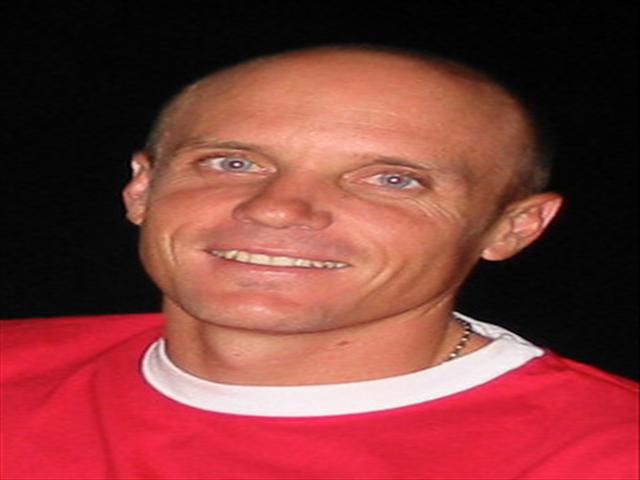 |
| Gregg Clark |
Three players from the University of the Free State (UFS) Womens Second Hockey Team, Theane Guthrie, Ayesha Samuels and Chantelle Deere, were selected for the South African Country Districts A Team. Theane, Ayesha and Chantelle played for Free State B Team when they participated in the recent SA Country Districts Hockey tournament. The Free State B Team also won the Tournament.
Jason Klinkradt, coach of the UFS Womens Second Team, was also the coach for the Free State B Team.
Eight Kovsies were also included in the Free State Hockey Team that will participate in the National Interprovincial Hockey Tournament in East-London from 19-24 July 2010. The players are Lesley Ann George (captain), Berne van Wyk, Jo-Nelka Swanepoel, Felicia Shongwe, Orpah Pretorius, Cardeux Nel, Nicole Kemp and Hettie Oosthuizen. The Protea under-captain, Lesley Ann is the captain of the Free State Team. Elsie Coetzer, the Kovsie womens hockey coach, is also the coach of this team.
More news from Kovsie hockey is that the national mens coach, Mr Gregg Clark, presented a very successful training camp for the Free State womens and mens teams on the Kovsie Astros. The training camp was open to all Free State coaches and was amongst others attended by Elsie Coetzer and Des Donald, Kovsies mens hockey coach.
Mr Clark was also course leader at the hockey course for schools, attended by 900 learners, presented by the Kovsie Hockey club earlier this year, said Mr Frans van der Watt from KovsieSport.